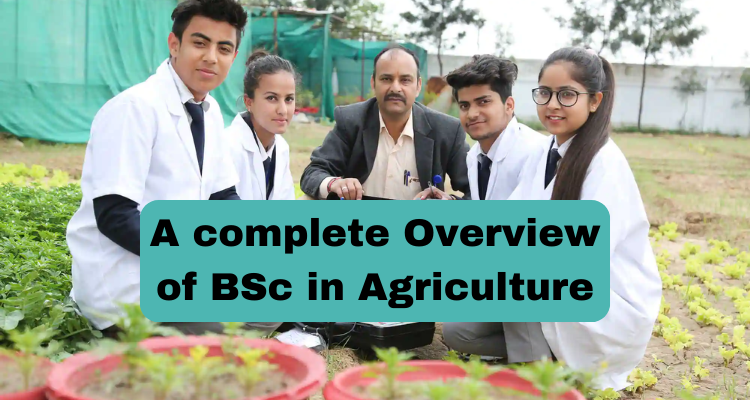Courses Options After 12th for PCM Students
Best courses after 12th for PCM Students After completing the 12th with Physics, Chemistry, and Mathematics (PCM), one can pursue a wide range of courses in other professions besides to being recognized for academic performance. At this critical point, students have the option to select from a broad range of specialized streams, each of which opens doors to distinct professional pathways. 1. Engineering Odyssey course: The most traditional and sought-after path after PCM is engineering. Specializations include Mechanical, Civil, Electrical, Electronics, Computer Science, Aerospace, and more. Engineering programs equip students with problem-solving skills and technical expertise. 2. Computer Science and Information Technology course : PCM students interested in the digital realm can opt for courses in computer science, software engineering, information technology, and data science. This path opens doors to careers in software development, artificial intelligence, and cybersecurity. 3. Architectural Brilliance course: Architecture beckons those with a creative flair and an inclination towards design. Courses in architecture combine artistic expression with technical acumen, preparing students to shape the physical world. 4. Pure Sciences and Research course: Aspiring scientists can pursue courses in pure sciences such as Physics, Chemistry, Mathematics, or interdisciplinary programs. Research-driven courses open doors to academia, scientific research, and innovation. 5. Mathematical Marvels course: Mathematics enthusiasts can explore courses in pure mathematics, applied mathematics, or actuarial science. These programs lay the groundwork for careers in research, finance, and risk analysis. 6. Computer Applications course: Courses in computer applications offer a blend of programming, software development, and system analysis. This field is integral to the IT industry and provides a practical approach to computing. 7. Aviation and Aeronautics: For those fascinated by the skies, courses in aviation and aeronautical engineering offer opportunities to become pilots, aerospace engineers, or contribute to the aviation industry. 8. Defence Services: Aspiring officers can opt for courses that lead to entry into the Indian Armed Forces. These include programs like the National Defence Academy (NDA) for a career in the Army, Navy, or Air Force. 9. Marine Engineering and Nautical Science: Courses in marine engineering and nautical science cater to individuals interested in a career at sea. Graduates can pursue roles in the merchant navy or maritime engineering. 10. Environmental Sciences and Engineering: Courses in environmental sciences and environmental engineering are ideal for those passionate about sustainability and environmental conservation. 11. Economics and Finance: Some universities offer courses in economics or finance that accept PCM students. This opens doors to careers in banking, finance, and economic analysis. 12. Management Studies: Management courses, including Bachelor of Business Administration (BBA) or Integrated MBA programs, provide a foundation for business and managerial roles. 13. Robotics and Automation: Emerging fields like robotics and automation offer specialized courses for students interested in cutting-edge technology and its application in various industries. 14. Statistical Analysis and Actuarial Science: Courses in statistics and actuarial science are suitable for those with a strong mathematical aptitude. Actuaries analyze financial risks and are in demand in insurance and finance sectors. 15. Data Science: In the era of big data, courses in data science cater to the growing need for professionals who can analyze and derive insights from large datasets. Conclusion: Charting Your Path Pursuing courses after PCM in the 12th grade is not just about academic progression but a journey of self-discovery and specialization. Whether venturing into traditional fields like engineering or embracing newer domains like data science, the key lies in aligning one’s passions with the chosen path. The array of courses available ensures that PCM graduates can embark on diverse careers, contributing to innovation and progress in their chosen fields.
Courses Options After 12th for PCM Students Read More »





